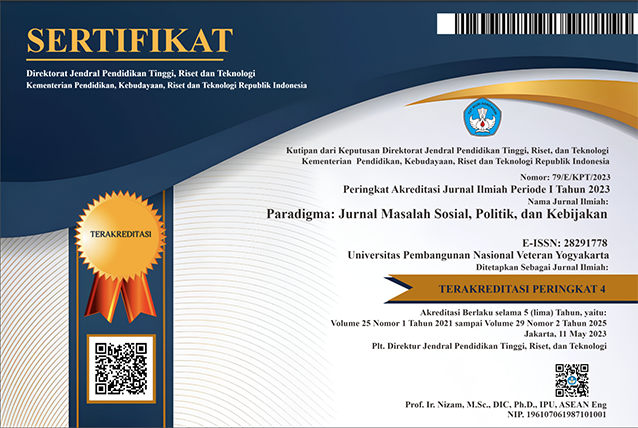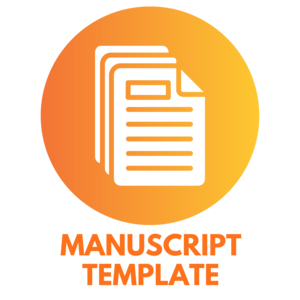Relevansi Gerakan Anti Korupsi Untuk Pembangunan
DOI:
https://doi.org/10.31315/paradigma.v18i1.2406Keywords:
corruption, development, welfareAbstract
Culture corruption in Indonesia happened since the former kingdom until now. In 2010, Indonesia becoming a nation most corrupt in the Asia Paci c region. Corruption ourished in Indonesia because of politics and economic factors, and Javanese culture. Corruption is differentiated into grand corruption, state capture and petty corruption. In addition to the effect on economic growth and investment, corruption also weakens the ability of the Government in carrying out its development programs. Facing the impact of corruption that af ict people then appeared a various anti-corruption movement either come from the government or from society. Purpose of many efforts to ght against corruption is improving the welfare of people which also became national development goalDownloads
How to Cite
Issue
Section
License
The manuscript submitted to Paradigma: Jurnal Masalah Sosial, Politik, dan Kebijakan journals are released under the license of Creative Commons Attribution-Non Commercial- ShareAlike (CC BY SA) if and when the article is accepted for publication.
We declare that:
- This paper has not been published in the same form elsewhere.
- It will not be submitted anywhere else for publication prior to acceptance/rejection by this Journal.
- A copyright permission is obtained for materials published elsewhere and which require this permission for reproduction.
Retained Rights/Terms and Conditions
Authors retain all proprietary rights to the published works, such as (but not limited to) the following rights:
- Copyright and other proprietary rights relating to the article, such as patent rights,
- The right to use the substance of the article in own future works, including lectures and books,
- The right to reproduce the article for own purposes,
- The right to self-archive the article
The right to enter into separate, additional contractual arrangements for the non-exclusive distribution of the article's published version (e.g., post it to an institutional repository or publish it in a book), with an acknowledgment of its initial publication in this journal Paradigma: Jurnal Masalah Sosial, Politik, dan Kebijakan



